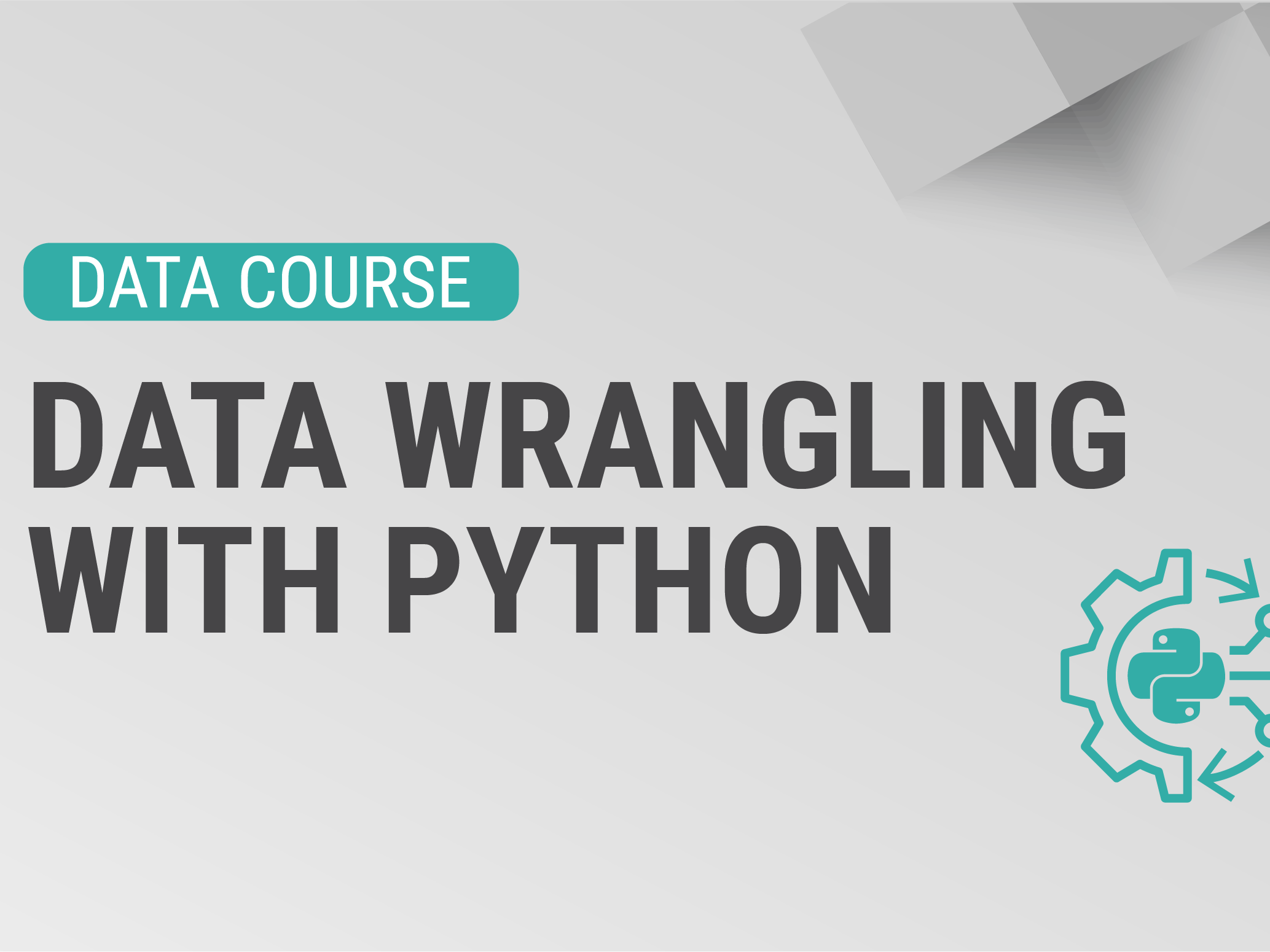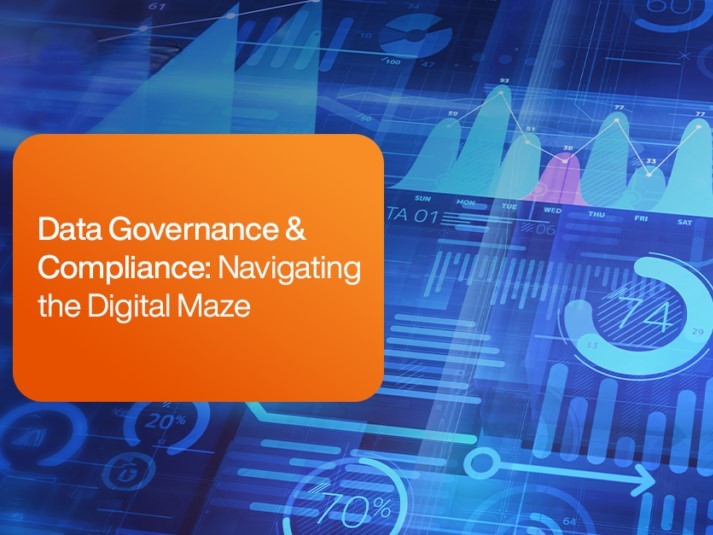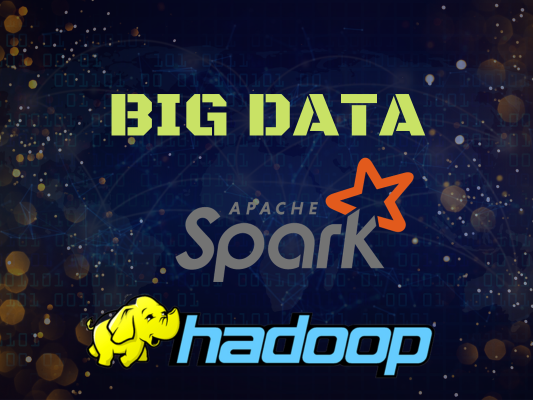Description
Data wrangling is a critical step in the data science workflow—often accounting for 70–80% of the time spent on a project. Introduction to Data Wrangling with Python equips learners with practical skills to transform raw, messy datasets into clean, structured formats ready for analysis. Through hands-on exercises, you’ll master data cleaning techniques, including handling missing values, correcting inconsistencies, parsing dates, encoding categorical data, and normalizing formats. The course uses popular Python libraries like Pandas, NumPy, and Regex to perform complex data manipulations and streamline workflows. You’ll also learn to merge, join, and reshape datasets and understand how to deal with real-world issues such as outliers, duplicates, and inconsistent naming conventions. Emphasis is placed on reproducibility and writing clean, reusable code using Jupyter Notebooks. By the end of the course, you’ll be confident in your ability to prepare any dataset for data visualization, statistical analysis, or machine learning models. This course is ideal for aspiring data scientists, analysts, and Python programmers looking to work with real-world data efficiently and accurately.







Chimezie –
This course made data cleaning feel less intimidating. I finally understand how to use Pandas properly, and I’m applying it in real projects at work.
Oluwafemi –
This was an eye-opener. I now use techniques like handling missing values and data transformation daily. The instructor’s step-by-step approach made everything click.
Labaran –
Clean, concise, and incredibly useful. I used to rely on Excel for data prep, but now I’m wrangling large datasets in Python faster and more efficiently.
Chima –
I’ve taken Python courses before, but this one focused specifically on wrangling messy, real-world data. It’s practical, clear, and teaches you how to think like a data professional.
Tosin –
Exactly what I needed to bridge the gap between raw data and usable insights. The hands-on exercises were challenging but rewarding—I feel way more confident prepping datasets now.